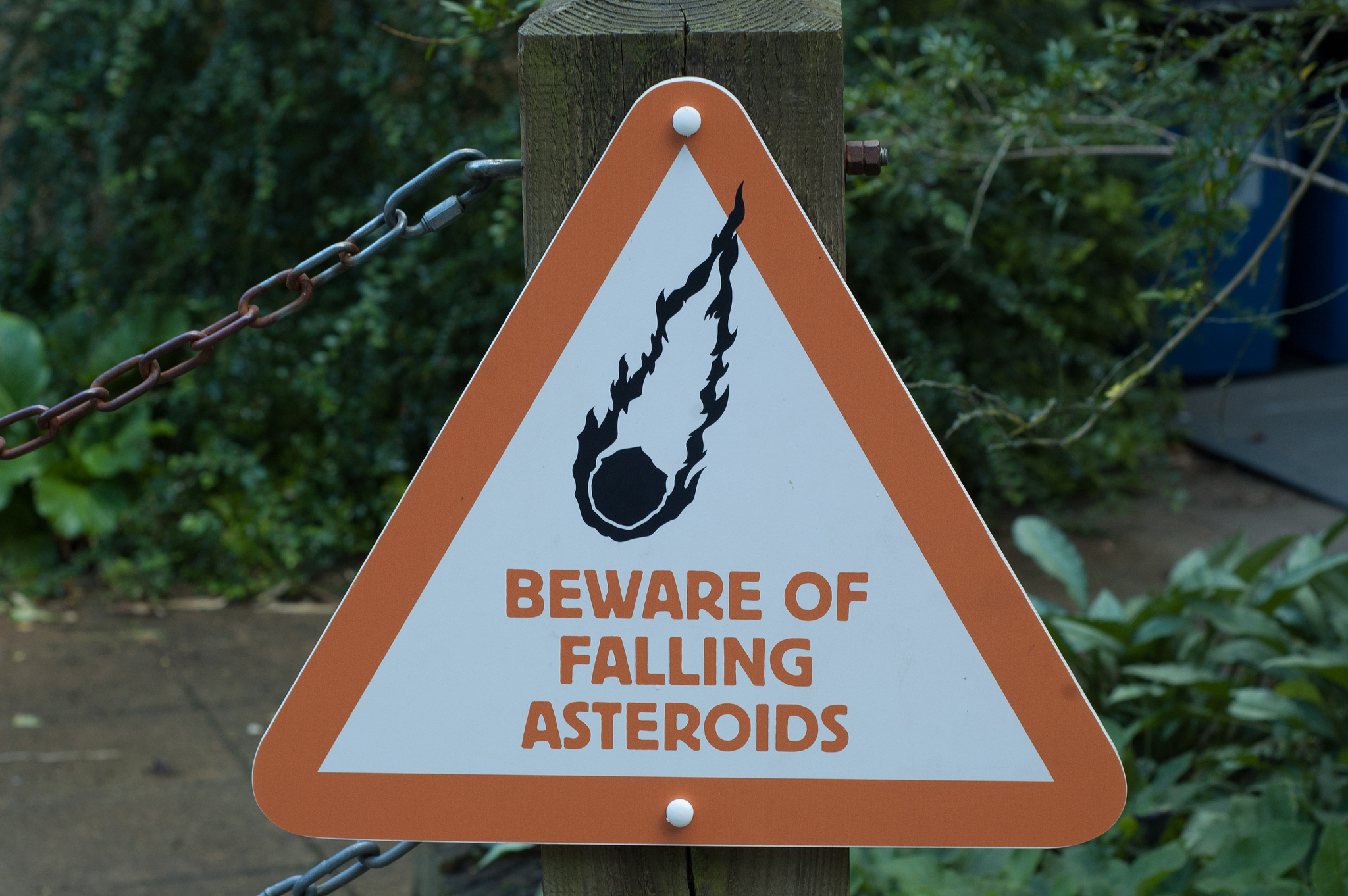
06 Dec CFP Unexpected Encounters with Deep Time: Violence
9-5pm, 23rd February 2016
Evolution House, University of Edinburgh
Organised by the Edinburgh Environmental Humanities Network
There is a one in 59,000 chance – give or take shifting orbital trajectories – that asteroid 2015PU228 will collide with the Earth in the year 2081. Heavy and fast-moving, PU228 was likely shunted into its present orbit by a collision several million years ago. According to the European Space Agency, the asteroid poses ‘no unusual level of danger’ – after all, the chances are 99.9983% that it will not hit Earth. Even so, PU228 reminds us that the Earth is not a closed system, but is vulnerable to cosmic events, thus drawing us into a deep time perspective. Yet deep time is not singular, and intersects with vulnerability and violence in multiple ways. The scale and speed of environmental change, for instance, as forests are cleared, hormones disrupted and food webs collapse, overwhelms the adaptive capacities of many nonhumans; we can see the unravelling of ancient Earthly biographies all around us. More broadly, the geo-social formations that cause and suffer climate violence are not evenly distributed, but follow sedimented lines of imperial, racial and other inequalities. Closely related, petro-violence proliferates as different groups – from corporate behemoths to apocalyptic jihadists – profit from fossilised stores of energy laid down in deep time. Current world disorders also interact with the deep time of viruses: the high mutation and replication rate of Ebola allows it to evolve extremely rapidly, while avian flu strains also evolve at increased rates in the bio-techno-cultural incubators of the globalised poultry industry. These and many other kinds of violent encounters with deep time provoke different responses, from fear to mourning, from turning away to impassioned intervention.
As the second of three workshops in our Unexpected Encounters with Deep Time series, this workshop asks what the perspective of deep time might bring to environmental humanities approaches to cosmic, planetary, intra-human and inter-species violence. Building on our first workshop, Enchantment, and looking ahead to our final workshop on Haunting, we hope to explore topics including but not limited to:
· Assessing different responses to violent earthly/cosmic forces that precede or exceed human capacities.
· “Love is evil!” quips Zizek. How can we deal with the fact that violence inheres in acts of love and care, and how much collateral violence can we tolerate in making valued life live?
· How to transform existing, unjust geo-social formations? How might divine violence, revolution, or other forms of politics confront the politics of deep time?
· What wounds does deep time inflict on thinking itself? What comes after blood has been spilled – reconciliation, mourning, or mopping up?
· What happens when different temporalities collide? How can we theorise the violence of deep time as banal, systemic, indifferent, symbolic, bodily, or cosmic?
Papers or interventions of any kind (for 30 minute slots) addressing these or any related questions are welcome. Please submit your proposal by email to the addresses given below by 18th January 2016. Responses will be provided by 20th January 2016.
Proposals for alternative presentations/formats are welcome. Please contact the organisers to discuss.
Contact: Franklin Ginn (franklin.ginn@ed.ac.uk) and David Farrier (david.farrier@ed.ac.uk)
See also: http://www.
Feature image: Falling asteroids. Robert Davies.



No Comments